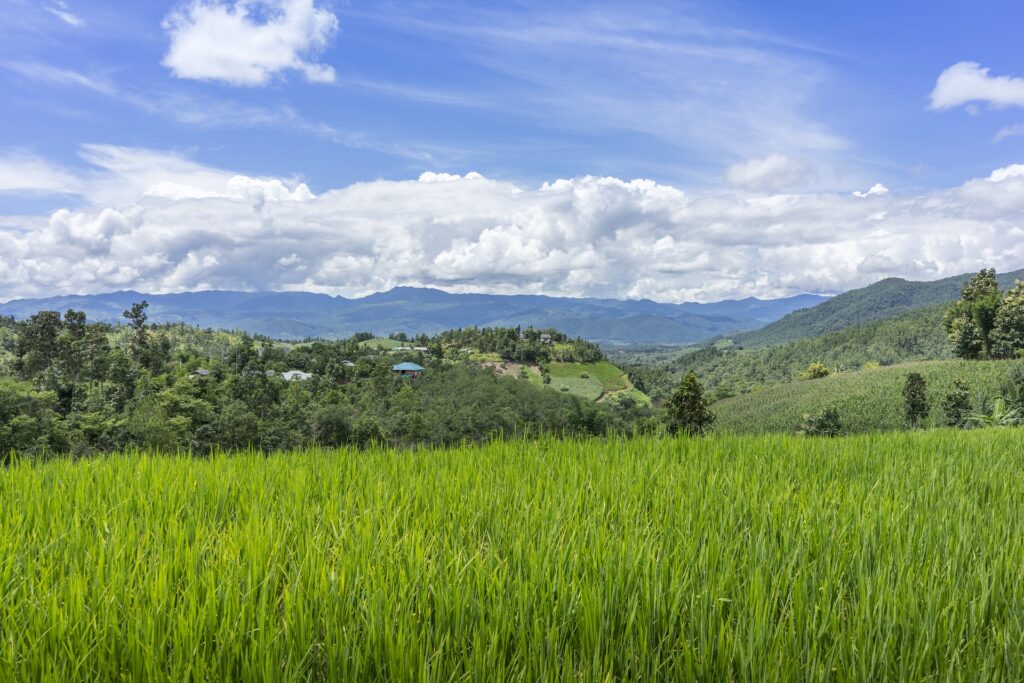The final interview is a pivotal moment to land your dream opportunity. It's…
Food Security: Africa’s 21st Challenge
*Image Source: Pixabay
Africa faces two major challenges in the 21st century. The first challenge is food shortage of the booming population of the continent. The second problem is the adaptation to climate change. Food shortage and climate change are interrelated since combining the two results to problems in food security in Africa.
Farmers all over the world face similar threats to productivity and livelihood. Some of these threats involve pests, diseases, and damaging weather. Small-scale farmers are the groups of people that require attention. Eighty percent of farmers in Africa cultivate less than five acres of land. It is estimated that the population of Africa will increase from 1.1 billion to 2 billion by 2050.
Here are some critical factors that are needed to be addressed regarding food security in Africa.
Critical inputs
The cost of fertilizers is expensive in Africa. FAOSTAT (2015) reports that the price of fertilizers is ten times more expensive in Africa than in other developing countries. Farmers need sufficient water, effective fertilizer, and high-yielding seeds.
Soil Degradation
Farm sizes in Africa are gradually shrinking. African farmers increase continuous cropping their fields every year. Farmers prioritize their staple foods. Soil degradation will not pose a problem if farmers control soil quality through the proper use of fertilizers and improve soil amendment practices. There is a danger in the loss of soil organic matter as it cannot be resolved by just applying conventional fertilizers.
Increase in Financial Access
Three-fourths of Africans work as farmers. However, the World Bank reports that only 10% of commercial banks’ portfolios is allocated to farming.
The continuous growth in African agriculture is hindered with inaccessible or unaffordable credit. Farmers will not be able to expand their operations if they will not have appropriate financing.
Urban workers increased income
Farmers benefit when urban consumers have higher incomes. This results from the increase in purchasing capacity of urban workers. Off-farm income is significant to agricultural development. The first migrants from farms to cities remit money back to their family members. These source of money often finances better farm inputs. These inputs include machinery, fertilizer, and seed. When these farm people work in cities, their income boosts demand for farm output.
Poor transportation
Farm produce in Africa go to waste because of the poor transportation system. Farmers find it difficult to transport their products in order to sell to the market. With no proper storage system, local produce such as tomatoes and leafy vegetables go to waste.
These are concerns that need to be addressed in order to solve the issue in food security.




